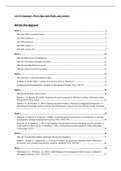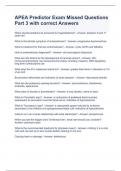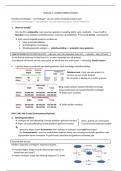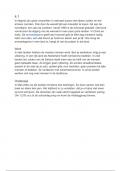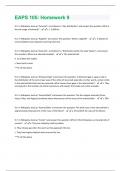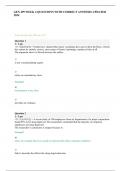Samenvatting
ACCO Summary of all the web clips, info skills and articles
- Instelling
- Tilburg University (UVT)
This summary consists of all the web clips, info skills, and articles of the course Acad.Comp. Organization and Strategy (ACCO), fall 2022. PERFECT FOR RESIT.
[Meer zien]
